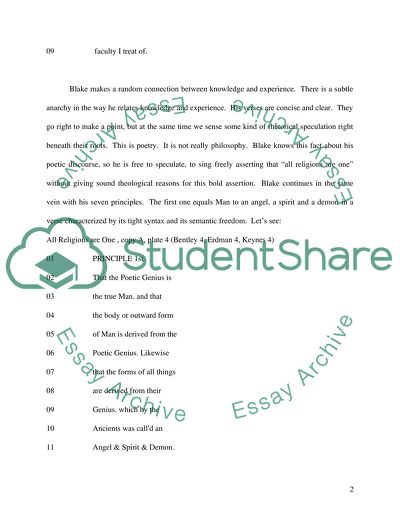Cite this document
(“William Blake - Visionary Mystic and Anarchist Book Report/Review”, n.d.)
William Blake - Visionary Mystic and Anarchist Book Report/Review. Retrieved from https://studentshare.org/literature/1531703-william-blake
William Blake - Visionary Mystic and Anarchist Book Report/Review. Retrieved from https://studentshare.org/literature/1531703-william-blake
(William Blake - Visionary Mystic and Anarchist Book Report/Review)
William Blake - Visionary Mystic and Anarchist Book Report/Review. https://studentshare.org/literature/1531703-william-blake.
William Blake - Visionary Mystic and Anarchist Book Report/Review. https://studentshare.org/literature/1531703-william-blake.
“William Blake - Visionary Mystic and Anarchist Book Report/Review”, n.d. https://studentshare.org/literature/1531703-william-blake.


